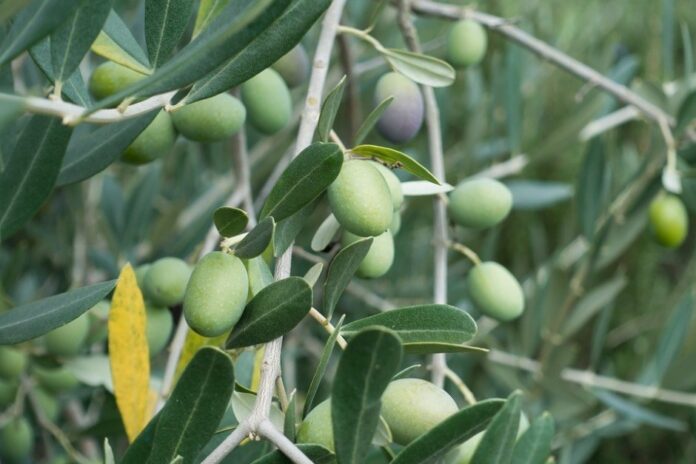The Punjab government plans to cultivate 50 million olive trees on 10 million acres of land by 2026, aiming to address Pakistan’s edible oil needs and reduce reliance on imports.
Olive Growing Project Director Azeem Tariq stated that olive farming would not only meet local edible oil demands but also yield significant secondary benefits, including employment opportunities and poverty alleviation.
Tariq emphasized the importance of raising awareness, providing training, and improving infrastructure to support the sector, including tools, quality testing, storage, packaging, and marketing facilities.
Highlighting a milestone, he noted that Pakistan became the 19th member of the International Olive Council (IOC) in 2022 and exported virgin and extra virgin olive oil worth $1.9 million.
“Olive oil and olive-based products hold nutritional, culinary, and religious significance,” he explained. Pakistan spends approximately $4.5 billion annually on edible oil imports, and collaborations with Italy, Spain, and China aim to cut costs and achieve self-sufficiency in production.
Currently, the country has 80 million wild olive trees and 5 million cultivated ones.
The Pothohar region in Punjab, as well as areas in Khyber Pakhtunkhwa and Balochistan, are particularly suitable for olive farming due to their climate and land conditions. Efforts in recent years include grafting millions of wild olive trees and cultivating around 5 million new olive plants.
More than 10 million acres of land remain available for future olive farming expansion.
Key initiatives include establishing new olive processing mills, the “50 Million Olive Tree” project, and the “Promotion of Olive Cultivation for Economic Development and Poverty Alleviation” project. These projects aim to significantly boost production capacity, enhance self-reliance, and create sustainable economic growth opportunities.




